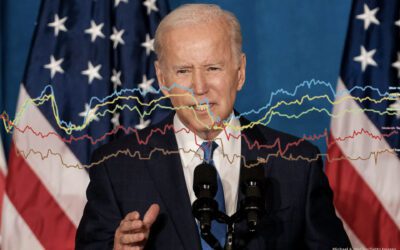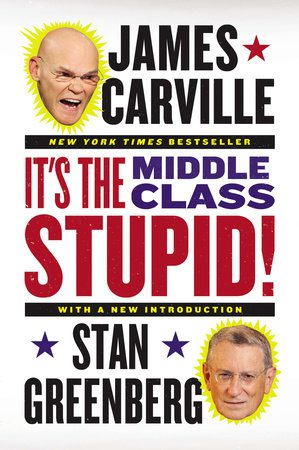The Senate Minority Leader Mitch McConnell told the Wall Street Journal last week that the President could get a budget deal to avoid the fiscal cliff if he agrees to raise the Medicare retirement age, raise premiums for some, and lower Social Security benefits for all. And on Monday, Speaker John Boehner affirmed that his plan too begins with benefits cuts for Medicare and Social Security as the route to reduce entitlement spending.
What election in America did they just witness? The voters said in no uncertain terms, Medicare benefit cuts are off the table. And Republicans were quiet about their Social Security intentions. But they boldly spoke about ‘reforming entitlements.’
Here is our deal for Republicans: we will call our ‘revenue enhancements’ “tax increases” and they will call their ‘entitlement reforms’ “cuts to Medicare.” When we do that, we will hear voters loudly repeat the message they sent in the election.
It should not be surprising that voters in this election now prioritize growth over deficit reduction and believe pretty simply that major cuts in Medicare and Social Security should not be part of any big bi-partisan deficit reduction package. Voters are not looking for Simpson-Bowles, but nearly the opposite – raise taxes on top earners and protect Medicare and Social Security.
Just about one-in-four who voted last month support the outline of spending cuts set out by McConnell – if he calls entitlements by their real names.
The polling shows the mandate is to protect Medicare and Social Security, not cut them. And Washington will face a TARP-like reaction if they read the election wrong.
According to the major national surveys conducted by Democracy Corps on Election night and the following night[1], voters could not be clearer:
· When asked what would be acceptable and unacceptable in a $4 trillion deficit reduction deal, voters overwhelmingly – and across the political spectrum – deemed even incremental reductions in Social Security benefits over time unacceptable. More than six in ten voters (62 percent) said “reducing Social Security benefits over time by having them rise more slowly than the cost of living” was unacceptable.
· Just over a quarter (27 percent) think our current path is so unsustainable that we need broad cuts to Medicare and Social Security. By contrast, 70 percent of voters agree that we should cut wasteful spending, end special interest tax breaks, and raise taxes on the wealthiest “so that we can invest in infrastructure and technology and make sure we can support education, Medicare and Social Security, which are key to the middle class.”
· A large majority of seniors think any plan to reduce the deficit should start by closing corporate loopholes and raising taxes for those at the top, and should not include cuts to Medicare or Social Security.
We gave voters a choice between two statements – one acknowledging the federal deficit as a big problem, but arguing against major spending cuts in Social Security and Medicare and the other arguing that deficits are such a national crisis that broad spending cuts must include “possible future cuts” to Social Security and Medicare. Even with this cautious statement, the “no cuts” position won by almost a two-to-one margin (60 percent to 33 percent) and with great intensity; almost half of all voters (47 percent) strongly believe that cuts to Social Security and Medicare should be off the table.

Since both Democrats and Republicans attacked the other side for cutting Medicare spending and endangering the program, it would be an unpleasant surprise to voters if Medicare were the first casualty of deficit reduction. Elite opinion risks another TARP – where voters came to feel the elites of both parties took the wrong lesson from the election and economic crisis.
We read voters this statement: “Both Barack Obama and Mitt Romney said in their campaigns that this election is about the future of the middle class. That was the big choice. Now, that the election is over, which THREE of the following are the most important things for us to focus on?
Among the certain and swing Obama voters, addressing the deficit ranked 4th and 3rd, respectively, behind other priorities – including “protecting middle class retirement benefits, including Medicare, Medicaid and Social Security.”

[1] This memo is partly based on a national post-election survey of 1,000 2012 presidential voters, conducted November 6-7, 2012 by Greenberg Quinlan Rosner for Democracy Corps and Campaign for America’s Future. Unless otherwise noted, margin of error= +/- 3.1. Survey results were weighted to reflect the National Exit Survey. The memo is also based on a data from a combined set of surveys partnering with several other progressive groups, including Women’s Voices. Women Vote Action Fund, Economic Media Project and Human Rights Campaign.




